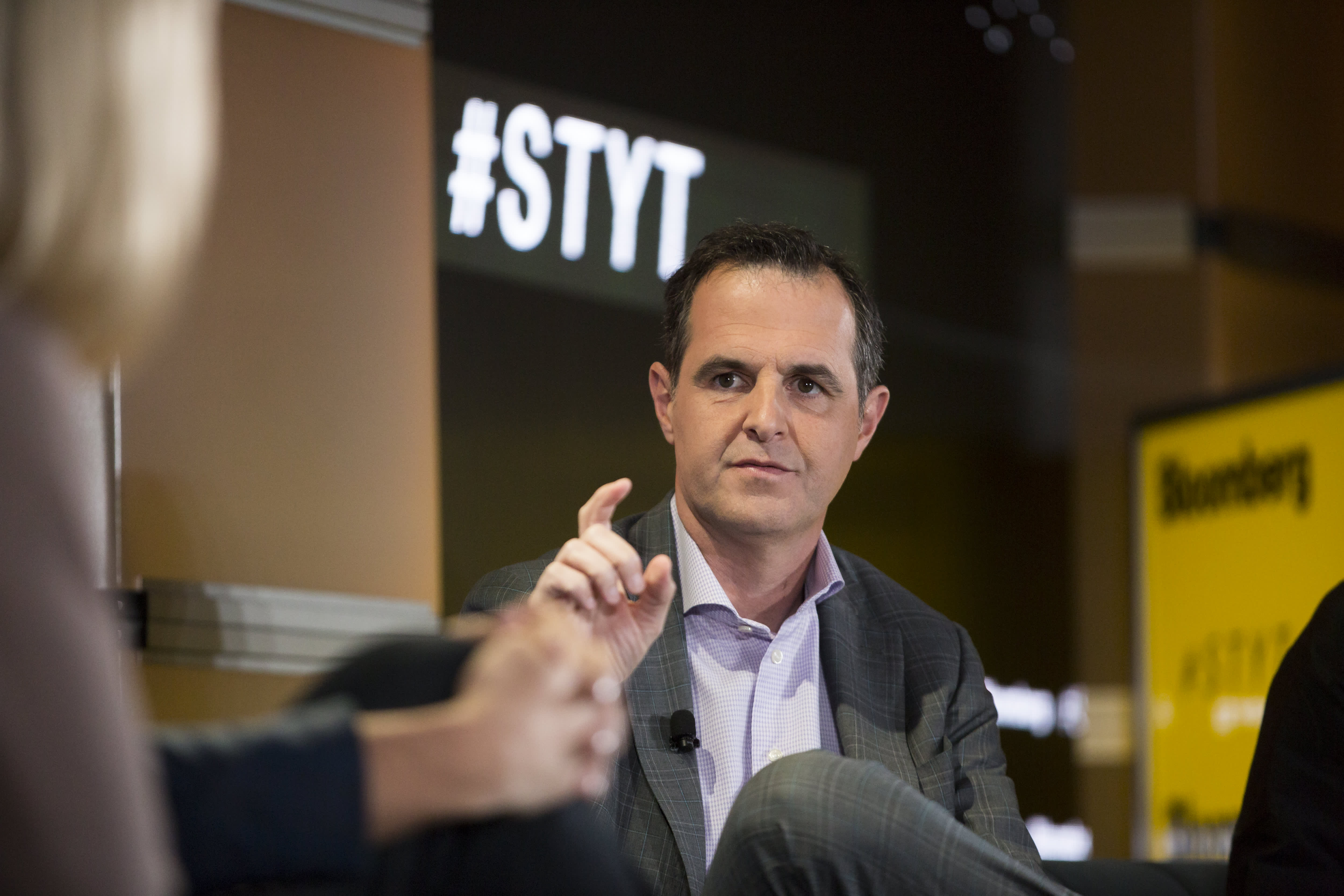Upgrade, the fintech start-up that turns credit card balances into installment loans, has closed a fundraising round that values the company at $6.28 billion, CNBC has learned.
The company raised $280 million in its Series F round led by new investors Coatue Management and DST Global, according to Upgrade CEO Renaud Laplanche. That’s an 83% jump from a previous round this year that valued Upgrade at $3.43 billion, he said.
Most of that increase stemmed from steep growth in the San Francisco-based company’s revenue, which climbed 70% between June and October, the two fundraising periods, Laplanche said in a Zoom interview.
Upgrade’s main product is a card that turns purchases into fixed-rate installment loans, making the start-up the latest company to benefit from the “buy now, pay later” trend in fintech. While traditional cards charge more than 18% in interest annually, the Upgrade card starts at 8.99%, said Laplanche. That has made it one of the fastest-growing cards in the country, according to the industry newsletter Nilson Report.
“Consumers are discovering the benefit of a product that gives them all the convenience of a credit card but doesn’t push them further into debt,” Laplanche said. “Traditional credit cards are a really bad consumer product with very high interest rates and lots of fees. They’re really designed to keep people in debt as long as possible.”
Fintech companies that take aim at the huge market for U.S. consumer credit include “buy now, pay later” fintech Affirm as well as more diversified players including SoFi, Goldman Sachs‘ Marcus brand and Lending Club, which was co-founded by Laplanche.
But consumer lending is still dominated by credit card giants at traditional banks including JPMorgan Chase and Citigroup. They have little incentive to copy some of fintech’s more consumer-friendly features because that would reduce profits from their massive card loan portfolios, Lapanche said.
“They have no interest in changing that behavior,” he said. “The Upgrade card is an innovation that should’ve come from the banks, but didn’t. It’s less profitable than a traditional card because the balance comes down faster, but it’s a better deal for consumers.”
Like other fintech players aiming to eventually become digital one-stop shops for consumer finance, Upgrade has begun branching out. It offers checking accounts, a 2% cash-back debit card and a credit card that pays rewards in bitcoin. About 10% of new cards issued by the start-up are bitcoin rewards cards, Laplanche said.
The company is making preparations to be ready to go public as early as 2023, he said.
“We are growing fast and being profitable,” Laplanche said. “We are working on being ready in about 18 months from now.”

